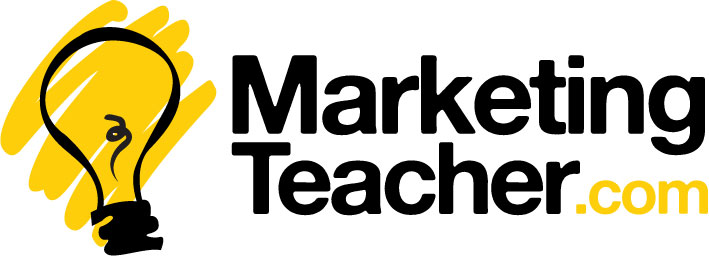Marketing Budget
Failure to properly cost and budget your marketing plan could lead to problems. While insufficient funding for such items as equipment or staffing may immediately come to mind when budgeting for the whole business, it’s the lack of a properly constructed marketing budget that dooms many marketing plans and campaigns. A marketing budget is the marketing plan written in terms of costs.
Summary of the Marketing Budget
Marketing budgets ensure that your marketing plan or campaign is realistically costed. Some pre-budget research into your industry and market, your competitors and your business’s historical marketing metrics helps marketing managers make a more informed calculation. You should cost out all general marketing and marketing communications expenses. You could also work in conjunction with an accountant to make sure that the figures are complete and realistic.
Marketing Budget
A marketing budget is an estimate of projected costs to market your products or services. A typical marketing budget will take into account all marketing costs e.g. marketing communications, salaries for marketing managers, cost of office space etc. However much of the budget is concerned with marketing communications e.g. public relations, website, advertising, etc. Both are considered here.
The costs in a marketing budget will be allocated according to the campaign and the media to be utilized. Some prior research will be necessary for the cost estimates to be as realistic as possible. This is called advertising or marketing communications research.
Helpful Pre-budgeting Research
- 1. Industry and Market Research
- 2. Competitor Analysis/SWOT
- 3. Internal marketing performance records e.g. marketing metrics, marketing controls.
- 4. Marketing Audit.
Knowledge of key industry and market factors must be taken into account when developing your marketing plan. Your plan will also be influenced by researching your competition. You will want to allot funding in a way that exploits the weaknesses of your competitors and emphasizes your strengths.
Other information that can guide your spending plan is found in your internal records. What advertising expenditures have proven successful for your business? For example, you can review internal records and determine the return on investment of your advertising dollars. A periodic examination of the performance of these records may lead you to drop certain media that have not proven fruitful.
Typical general marketing expenses:
- Advertising agency commissions
- Salaries for marketing managers
- Salaries for marketing support e.g. marketing assistants.
- Office space
- Fixtures and fittings
- Travel costs
- Other direct and indirect marketing costs, including marketing communications costs (see below).
Typical marketing communications costs:
- Personal Selling
- Public Relations
- Printing
- Mailing
- Website Development & Hosting
- Brochure Design
- Advertising
- Television Advertising
- Radio Advertising
- Direct Marketing
- Newspaper Advertising
- Proposal Development/bid submittal
- Networking
- Event Attendance
- Sales Promotion
- Many other marketing communications tools.
